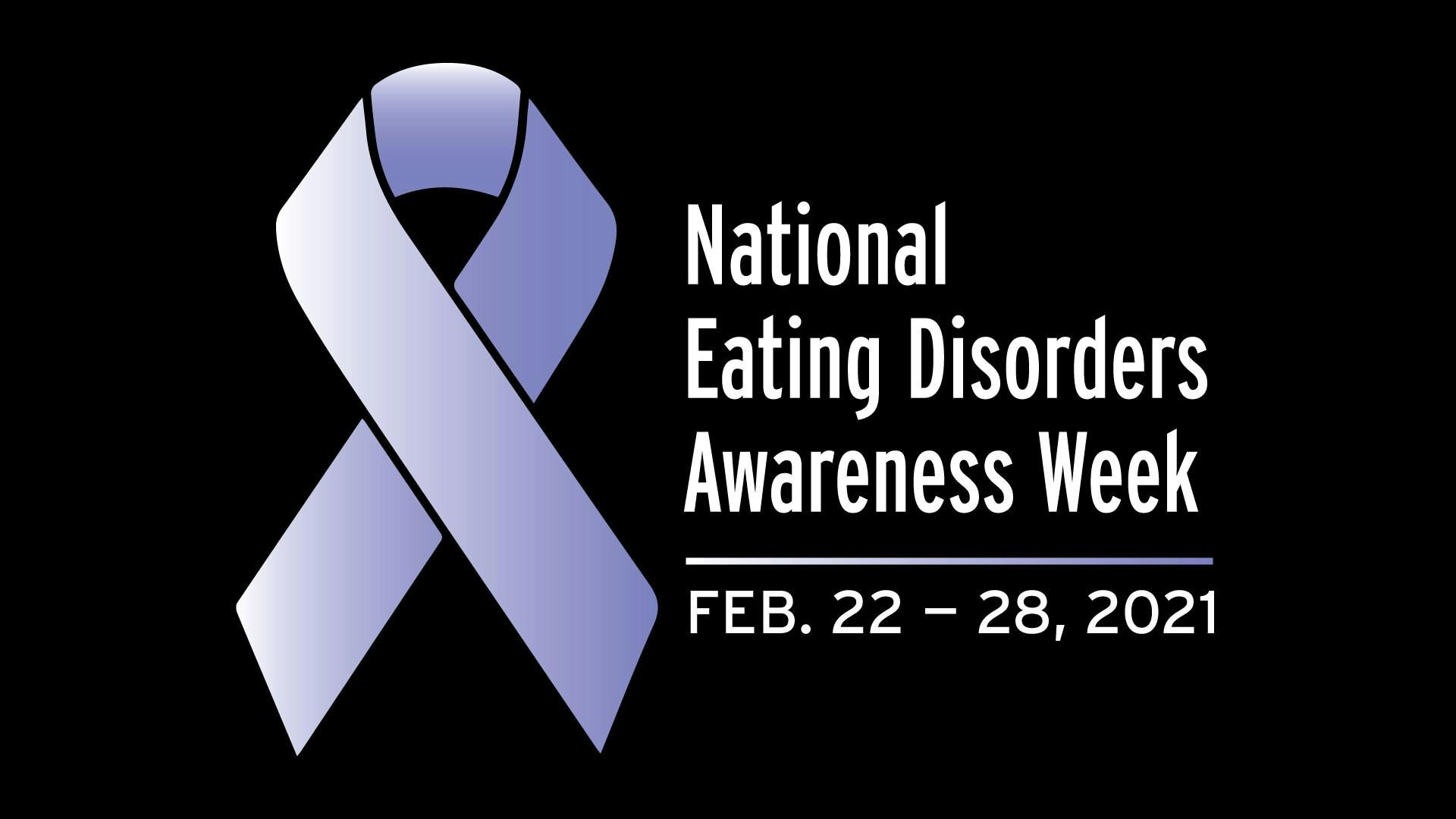Eating disorders are serious mental and physical illnesses that can have an effect on people of different genders, ages, races, weights, body shapes, etc. They are also treatable according to the National Eating Disorders Association or NEDA. The organization also states that about 20 million women and 10 million men in the USA will have an eating disorder at some point in their lives.
The week of February 22-28 is National Eating Disorders Awareness Week (#NEDAwareness), and the purpose of this week is to raise awareness on eating disorders by educating the public, giving hope and spreading lifesaving resources.
Dietetics and psychology senior Shikha Advani is the president of Spartans Empower Body Acceptance (SEBA) at Michigan State University, which is MSU’s only eating disorder awareness and body acceptance club.
Advani herself has suffered from anorexia nervosa and orthorexia throughout her teen years. When she came to college, she really wanted to work on healing. Since her major is dietetics, she learned a lot about eating disorders but also focused more on learning things such as intuitive eating, health at every size and the anti-diet space.
“I found out that I wanted to be an eating disorder registered dietician and that I wanted to work from an anti-diet lense and also really focus on bringing more diversity into dietetics,” Advani said.
SEBA partnered with the Food and Nutrition Association, the Student Health Advisory Council and MSU Health Promotion to run some events during NEDA week.
They had three events which consisted of a Body Positive Yoga with Peggy Whisler on Monday. The yoga class was meant to empower people with the encouragement of body positivity through slow movements, breath and focused attention. Tuesday consisted of a presentation by Kimmie Singh on eating disorders within marginalized communities and social justice topics. Lastly, on Wednesday they held the Reflections of Recovery Event which was an opportunity for students who have had eating disorders to discuss their recoveries.
Advani went on to discuss the theme of NEDA week this year, which is that everybody has a seat at the table.
“It’s really encompassing the idea that eating disorders affect more than just thin white women and it affects people from every spectrum, every race, religion, body size, ethnicity, gender, etc.,” Advani said. “So it really wants to encompass those marginalized communities and bring light to those identities.”
As for the event they held on Tuesday, Advani was really looking forward to hearing Singh’s viewpoint as she is South Asian, a person of color and also in a larger body. Advani believed that Singh can teach a lot on health at every size, weight stigma, weight bias, eating disorders in marginalized communities and really encompass all those things and teach more from her perspective.
Singh, who is a registered dietician and also Advani’s mentor through Diversify Dietetics, presented on Tuesday and discussed some important topics about marginalized populations, especially within the eating disorder community.
“If we’re bringing it to eating disorder treatment, although there are the dominant groups in society, there are also the dominant groups in eating disorder treatment,” Singh said. “We find that treatment is generally targeted towards those that are young, thin, white, able-bodied, cis-gender, heterosexual, wealthy.”
Singh discussed how throughout many years, eating disorder research only focused on people from those groups, but now more and more research shows that there’s really quite a prevalence in eating disorders occurring in folks that do not have these identities.
“It’s a really big issue because the blueprint for how we approach treatment, how we screen for eating disorders, how we code for eating disorders with insurance and how it’s covered is really really influenced by these dominant narratives in eating disorder treatment,” Singh said.
Singh is also very open about reclaiming the word “fat.” She uses the word fat in a neutral way and not in a derogatory one. She believes the word fat itself isn’t inherently bad, it’s the way people have misused it over time that’s bad. So she along with other fat activists are sort of reclaiming it and using it neutrally.
Singh has seen a lot of stereotypes oftentimes on everything from children's shows to commercials where there’s this similar narrative of fat people being this side character, this punchline or this best friend but never really the main character. Or even just transforming after weight loss is another common trope.
Examples of this can be seen within shows such as "The Office" with Kevin's character, "Friends" with Monica’s character and "New Girl" with Schmidt’s character.
“What’s so harmful about these ideas is that not only does it uphold stereotypes, but it also kind of sends this message to people in larger bodies that if you can fit into one of these categories; like a self-deprecating person or somebody that’s really bubbly and friendly, you can sort of earn yourself some value in society," Singh said. "So it takes away their full identity."
During the presentation, Singh did a little activity where she listed off certain experiences that marginalized people have potentially dealt with and told the people within the presentation to put a finger down as she read the things that possibly applied to them.
If you ever left professional meetings with bruises on your legs because you were forced to sit into chairs that were too small for your body.
If you ever had a physical ailment be misdiagnosed because the doctor blamed it on your size and refused to complete a thorough examination.
If you’ve been turned away from volunteering experience.
If you had a colleague criticize your credibility because of your size.
If you were ever bullied about your size in such a way that it affected your work or school performance.
Support student media!
Please consider donating to The State News and help fund the future of journalism.
“This helps put it into perspective that yes, a lot of people do have their own body image issues, but that doesn’t necessarily mean they are discriminated against on a daily basis," dietetics senior Hannah Champine said. "So someone might think to themselves that they don’t have the body they want, but they aren’t affected in the way like the examples that you (Singh) just said."
Advani added that it’s important to remember that there are people in marginalized communities who don’t get the same access to treatment and healthcare that they deserve and it’s because of the institutions and systemic racism that has been put into place.
“It’s really important that we all come together and we work to fight these issues and these institutions that have made it so that people do not have the same access to treatment and healthcare," Advani said.
She also shared that SEBA is open to everybody and is low commitment, so anyone can just come to the meetings and take what they need from them and learn from them.
Discussion
Share and discuss “NEDA week raises awareness on the mental and physical illness” on social media.







